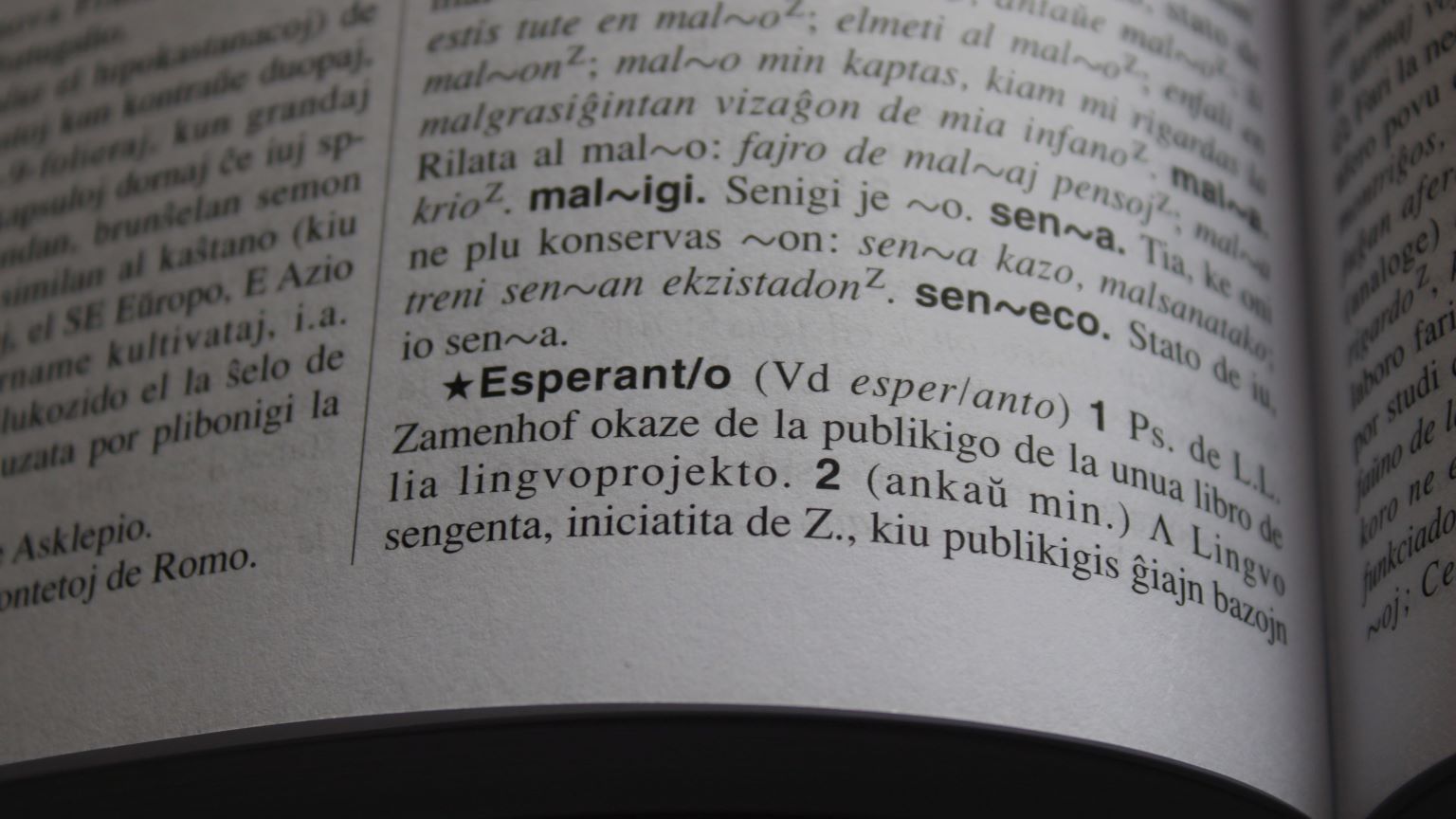Why the singular “They” is Merriam-Webster’s word of the year

Pixabay by pexels
- Merriam-Webster has announced “they” as the word of the year.
- The selection was based on a marked increase in traffic to the online dictionary page.
- Runners up included “quid pro quo” and “crawdad.”
You’ve heard of the Person of the Year, but did you know that Merriam-Webster announces a word of the year? Each year, they select a word notable for having been subject to a spike in online definition searches. The fact that “They,” as common a pronoun as any, saw a 313% increase in searches this year is remarkable.
The world of the word of the year
Peter Sokolowski, an editor-at-large at Merriam-Webster, told the New York Times that “they” has gotten a remarkable amount of attention this year. “A pronoun like ‘they’ is one of the building blocks of the language, but with the nonbinary usage, people are sensing that it means something new or different, and they are going to the dictionary. When you see lookups for it triple, you know that ‘they’ is a word that is in flux.”
That might be an understatement.
As the idea of fluid gender identity becomes more widespread, the understanding that “they” can be used as a singular pronoun has, too. It is not uncommon to see a person include their preferred pronouns in their email signature. Many celebrities have recently announced their use of it as the pronoun by which they’d like to be referred to. The publication manual for the American Psychological Association has also endorsed the use of the singular they as both a basic courtesy and because using the wrong pronoun does have negative consequences.
Runners up for word of the year included quid pro quo, impeach, andcrawdad. These words saw increases in lookup frequency of 664%, 129%, and 1,200%, respectively.
While you might be concerned that these words, save for crawdad, are all politically motivated, that is putting the cart before the house. Sokolowski points out that many of the words that see this kind of increase in traffic are related to major political events or cultural movements. That’s probably why last year’s winner was “justice,” and 2017’s was “feminism.”
But my teacher told me never to use “they” as a singular pronoun!
A common complaint, and one that will no doubt plague this announcement is that “they” is to be used strictly as a plural pronoun, only in reference to two or more people, and that using it to refer to one person is an error.
These people are out of luck, as Merriam-Webster added the singular they, notably when it is used as a gender-neutral pronoun, to its definition of the word earlier this year. The editors of the dictionary have cited its increasingly common and established usage as the motivation for the addition. Several other dictionaries have followed suit.
That’s the thing about English. There is no single authority declaring from on high what the language is or is not. Fundamentally, it belongs to the people who use it. People define it by their usage of it. Because of the rising demand for a singular gender-neutral pronoun, which English officially lacked, over the last few years, a word had to be found to fit the role. “They” fit the bill perfectly.
This isn’t some communist-hippie drivel either. The Austrian philosopher Ludwig Wittgenstein argued back in 1953 that “meaning is use.” If that isn’t enough to convince you, here is Shakespeare using they as a singular pronoun 400 years ago in A Comedy of Errors:
“There’s not a man I meet but doth salute me
As if I were their well-acquainted friend.”
Here he is doing it again in Hamlet:
“Tis meet that some more audience than a mother, since nature makes them partial, should o’erhear the speech.”
If Shakespeare is misusing the English language, I don’t want to be right.





